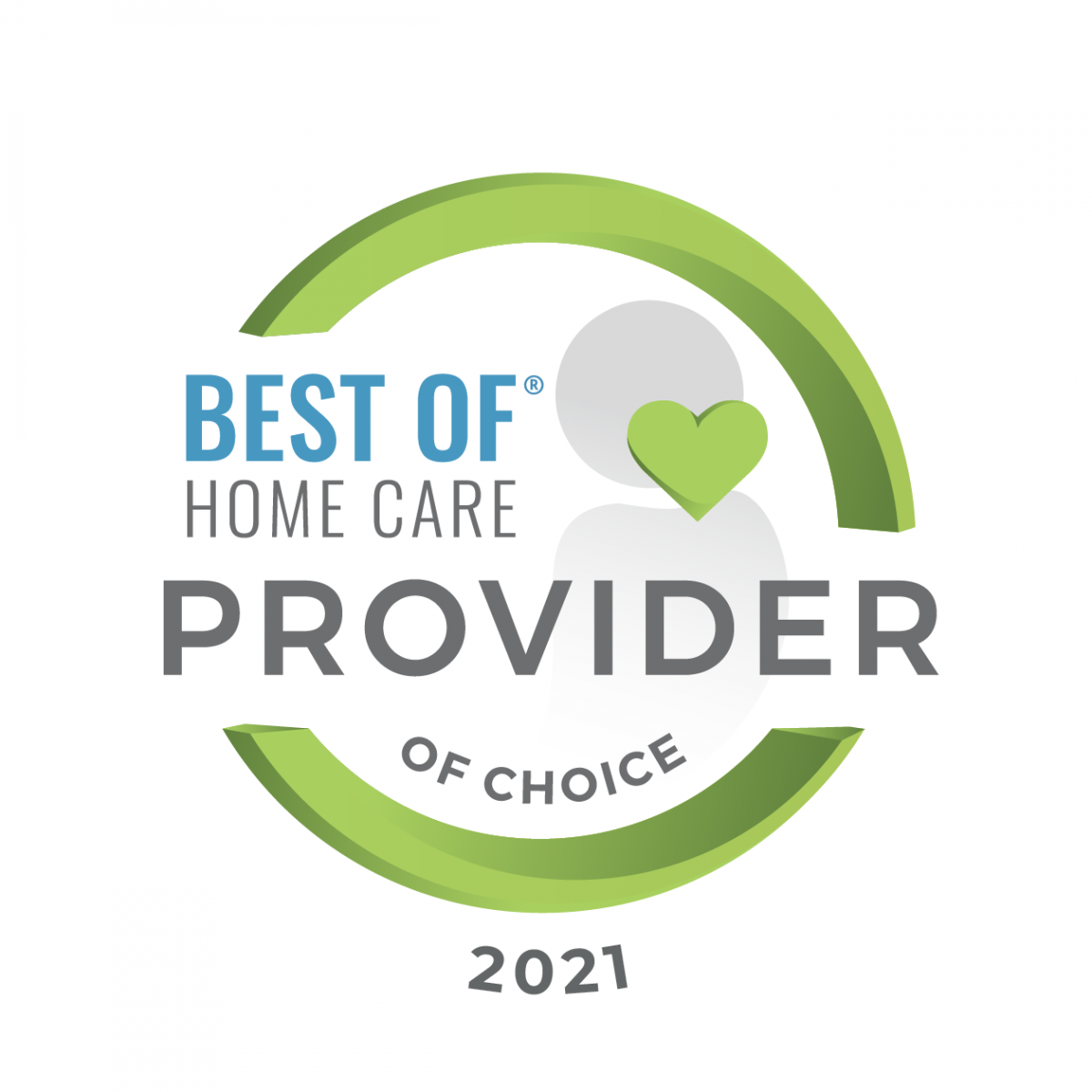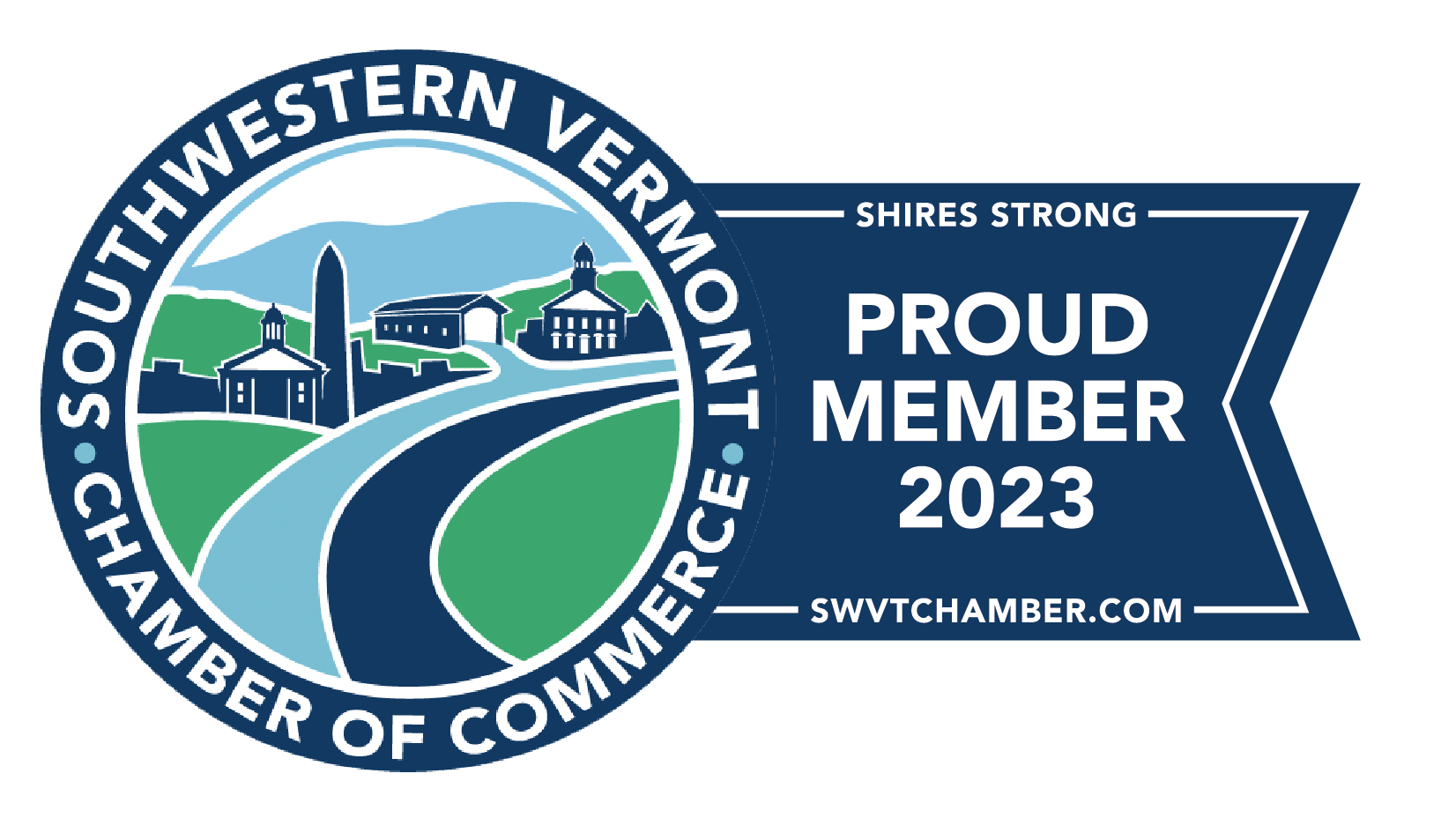A Guide for Health Care Decisions
Advance directives are legal documents that allow you to plan and make your end-of-life wishes known in the event that you are unable to communicate. They describe your wishes regarding the medical care and treatments you would like to receive if you are faced with a life-limiting illness and can also name a person to make healthcare decisions for you in case you are unable to speak for yourself. This person is often referred to as a health care agent, or durable power of attorney for health care.
Important things to know:
- You have the right to consent to or refuse any medical treatment.
- You have the right to appoint an agent to make decisions for you.
- You may use an advance directive to share your wishes in advance.
- You do not need a lawyer to complete an advance directive.
Advanced Directives FAQ's
Before beginning the discussion, learn about end-of- life care services available in your community. Become familiar with what each option offers so you can decide which ones meet your loved one or your own, end-of-life care needs and wants.
For example, if you are faced with a serious life-limiting condition, you may not want to prolong your life with life-sustaining treatment. Life-sustaining treatments are specific medical procedures that support the body and keep a person alive when the body is not able to function on its own.
Vermont offers short and long versions of an advance directive form to help you with this process. You may fill out all parts of this advance directive form or just portions of it. For example, you can just appoint an agent and sign it along with your witness signatures. If you fill out any Part of this document, you must also fill out Part 5, as it provides signatures and witnesses to validate the Advance Directive.
You may use any advance directive form or format as long as it is properly signed and witnessed.
You can revoke or suspend your advance directive at any time unless you expressly waive your right to do so.
The Vermont Ethics Network is an important and helpful resource for advance care planning. You can find additional information on preparing your advance directive at www.vtethicsnetwork.org.
It is very important that the information in your advance directive is always current. Review it once a year or when events in your life change. Consider the “5 D’s” as times when your advance directive might need to be changed or updated. The 5 D’s are: Decade birthday, Diagnosis, Deterioration, Divorce, or Death of somebody close to you or that affects you. All of these events may affect how you think about future health care decisions for yourself.
Whenever necessary, you should also update addresses and contact information for your agent, alternate agent and other people such as potential medical guardians whom you may have identified in your advance directive.
The Vermont Advance Directive Registry (VADR) is a secure database service that stores a scanned copy of your advance directive electronically so that it can be found immediately by any hospital or doctor who is treating you in an emergency.
Registering your advance directive can be accomplished in three easy steps:
Step 1
Complete your advance directive form. It must be signed and properly witnessed.
Step 2
Complete and sign the Registration Agreement. This gives the registry permission to send a copy of your advance directive and emergency contact information to those authorized to access them.
Step 3
Mail or fax your completed advance directive, along with your signed Registration Agreement to:
Vermont Advance Directive Registry
PO Box 2789
Westfield, NJ 07091-2789
Fax: 908-654-1919
For more information on Advance Directives and the Vermont Advance Directive Registry visit http://healthvermont.gov/vadr/.






